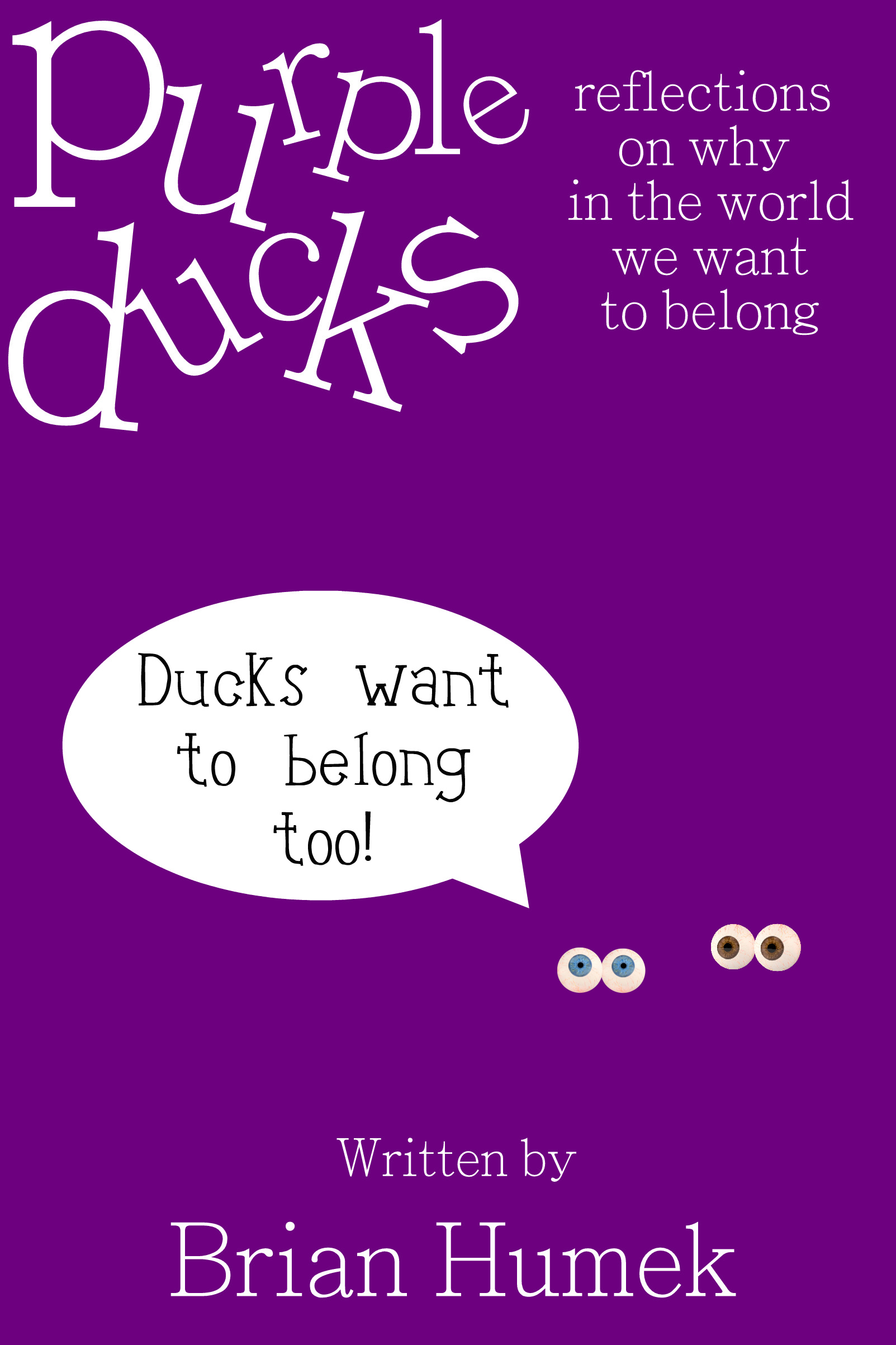Community that is Christian (part 2)
Introduction: The Bible is full of examples of community. Tonight, we’ll look at a few of these examples and how they model community for us today.
I want to cover three things tonight
• Examples of Community from the Old Testament
• Examples of Community from the New Testament
• Ways in which Community is modeled today in many churches of Christ.
I. Review Questions
• For those of us with whom contacting church members outside of our regular meeting times is unnatural… .were any of us able to contact someone between services either last Wed-Sun. or this sun. and tonight?
o I know for some, it is quite natural to phone, email, visit or send a card but for folks like me, I just don’t do it but I was able to this week. It was just a few emails though.
• What is Christian community? (Members of the congregation relating to one another outside of a typical congregational setting in order to implement the many “one another” passages in the Bible thus creating relationships.)
• Why should it be part of our lives? (Cause God is community and we are made in his image)
• Who is the ultimate example of community? (God in his actions of the Trinity)
II. Old Testament examples.
• In Genesis we see community in God’s covenants. These covenants were relationships between God and others.
• Plurality in oneness is seen here.
o Covanents were made with individuals but their heirs were participants.
? Examples in Genesis
• Abraham-and his descendants – the Israelites
• Noah – and his children and their wives
• Moses- (all the Isreaelites)
o Some other examples of community as seen in the OT, especially in the idea of Jusaism of “corporate personality.”
? In Joshua 7:11-12, 24 we see the story of Acan.
? In 2nd Samuel 21:1-14 (brother accepted the punishiment for his borthers’ sin. (strong sense of corporate personality)
? In Psalms we see individual and (community) laments.
Outside the Camp
• One of the worse things that could happen to a person in the Old Testamaent was to be severed from the group and sent outside the camp.
• According to the Old Testament Mosaic Law, those who were considered to be ceremonially unclean were sent “outside the camp”
o In Numbers 5
o In Leviticus 13-14 the period of seven days is prescribed for those with skin diseases such as leprosy.
o Numbers 12 – Miriam – for talking bad about Moses. (given leprosy – kushite wife (dark skinned)
? Like God saying “you don’t like dark skin, okay. Here’s your skin white as snow.
? Then ————no community for her.
It’s like God saying, shame on you, your punishment for seven days is no community.
No relationships whatsoever. Hopefully, that will correct your bad attitude.
• When we do not have this idea of “community” – it’s like we are enduring a punishment
• Something unnatural is happening to us when we don’t experience Community.
o Unnatural meaning (not in God’s plan)
III. New Testament Examples (not in any particular order)
• Jesus called into community
o People whom society devalued and disdained to have in community
o QUESTION: What kind of people were these?
? Women
? Children
? Slaves
? Sinners
? Widows
o these people were given new valuation by Jesus
Jesus and the Twelve
• Jesus came to earth and establishing community among his closest followers.
• Community created by Christ was intense and purposeful.
• Opposites were brought together under the leadership of Jesus.
• The best example of these opposites is seen in the bringing together of Matthew the tax collector and Simon the Zealot within the same group. This grouping of individuals so diametrically opposed to one another was no accident (Bruce in Gorman 36).
• This says a lot about creating community (or relationships) and understanding that it can not be forced by humans but is at the will of God and his gift to mankind by God. (Gorman 12).
Lessons Learned as part of the community or relationships built by being together
• Washing one another’s feet (John 13:14)
o That doesn’t seem like a big thing for people that supposedly love one another
o I’m sorry I forgot my basin and water tonight
• However, these guys thought of themselves in competition at times
o Mark 10:35-45
o Mk 10:41
? The other ten were indignant, displeased, upset with James and John
? What were the ten thinking?
• Why didn’t we think of it first?
• The twelve were a small group
• They knew each other’s flaws and blind spots
Question:
• Do you think it is easier to serve someone you know very well or someone you don’t know so much about?
• Jesus was setting a model for them in making them a small group with real relationships.
• This model taught them that dependencey on one another was a model they would operate under in the book of Acts.
• Let’s look at acts
Acts 2:46-47
We’re the first century church. We try our best to replicate the church. When we say the first century church do we mean the church in the:
• A.D. 30s (Acts)
• AD 50s and early 60s (Romans, Philipi, Colosse)
• AD 90s (I John)
I like to look at the 30s. Things were the least corrupted. It was the beginning of the church.
• Let’s read Acts 2:46-47
o Attributes of the church
? Every day continued to meet together in the temple
? Met in homes each day
? Ate together (I Cor. 11:17-34)
• how not to do community …..
• Meal and breaking of bread
• Ate together with glad and sincere (generous hearts RSV)
• This generous heart – Marhsall says the word generosus suggests
o The frankness and openness of spirit that categorized the early Christian fellowship.
It would be great to have that frankness and openness of spirit in our fellowship now
But that takes “community” or relationships being built.
• Then the one another passages could be really implemented…..
Fellowship. Our relationship with the Father compels us to demonstrate our love for Him by how we love others. Our aim is to build Christ-centered relationships that provide a sense of belonging, community, and family. Our relationships will be marked by genuine love and authenticity where there is undeniable acceptance and a mutual encouragement to holy living. It is in Life Group that the “One Another” passages are lived out: “Love one another,” “Honor one another,” “Bear one another’s burdens,” “Teach and admonish one another,” “Forgive one another” and many others.
His unchanging plan has always been to adopt us into His own family by bringing us to Himself through Jesus Christ.” (Ephesians 1:5a (NLT)) This is how we know what love is: Jesus Christ laid down His life for us. And we ought to lay down our lives for our brothers. (I John 3:16) By this all men will know that you are my disciples, if you love one another.” (John 13:35)
One Another Passages
• Does anyone here have any favorites?
o Do you see how you can do these better (many of these if not all are imperatives in greek or in other words (commands) if church members are existing in trusting community or have trusting relationships with others.
o How hard is it to ……
? _________ one another if the others are others with whom there is no community or relationship with them.
? _________ one another if the others are others with whom there is no community or relationship with them.
? _________ one another if the others are others with whom there is no community or relationship with them.
? _________ one another if the others are others with whom there is no community or relationship with them.
? _________ one another if the others are others with whom there is no community or relationship with them.
• The one another passages should be done.
• They are easier fulfilled if we have community (or realationships) with others.
Other examples if going short (I Cor 11:17 ff) (Jesus’ baptism )
Paul’s thoughts on community
• When individualism tended to break down the community Paul reminded them that God called them into a “fellowship”. (I Cor. 10:16)
• When the “strong” within the community wanted to ignore the “weak”
o Paul reminmded them of God had called them into a Christian community (Rom.14:1-15:13)
• Also, a lot of those “one another” passages are from Paul
True or false test
• The Godhead is the original example of community or (relationship)
• Community or relationships are not very important to God.
• Everybody in the church has every aspect of their lives under total control.
• Only certain groups within the church need to foster relationships or community.
• Some folks here at Airport Freeway are involved in some sort of small group, community, or relationship building environment outside of the normal congregational meetings.
• Building community or relationships among church members helps us implement the “one another” passages.
• Creating environments for community or relationship building is beneficial for reaching the unchurched people in this area.
IV. Ways Community is developed and modeled today
o Ways in which Community is modeled today in the churches of Christ.
? Small Bible study groups
? Prayer groups
? Small social gatherings of church members
? Accountability partners or groups
? Leadership meetings
? Game nights
? Service projects
? Dinners
Which groups of people here at airport Freeway have natural or created community or relationship building environments?
• Seniors
o (1st Thursday meals)
o Natural groupings (retired and have time to meet, talk, etc)
• Youth
o Natural groupings i.e. school
o Other small group (youth group) activities
Q. Do you see how natural those groups are to having community?
Q. Is it important for the other groups of people here to have community?
• Young married families
• Singles or newly married
• Older families in 40s
• Guests that come here from the area.
——- Some people in these groups will say, “I don’t need community or more
relationships” because
• They have family here
• Or they don’t understand how we are created to crave community or relationships because that is how God is.
Final thoughts on Community (or relationship building)
• To create community between members it takes
o Time and effort
o Gentleness Col. 3:(12)-14
Last verse on Community
• Ecclesiastes 3
When we assemble and associate with other Christians we have the opportunity to refine our understanding of God’s word and also to apply it in the form of the “one another” commands. We cannot “love one another” or “serve one another” unless we are “with one another” in worship assembly or on a daily basis.









